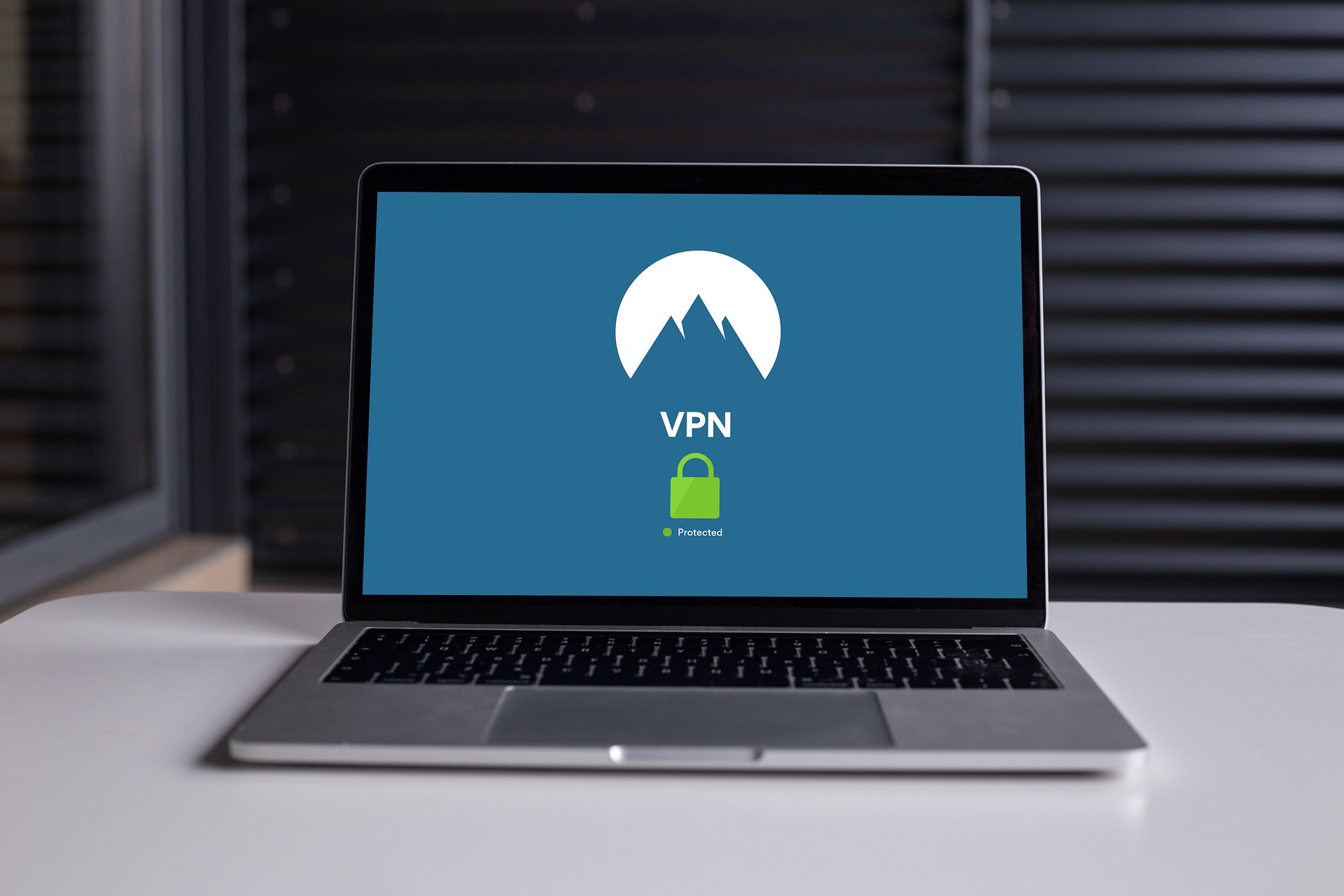Technology is constantly evolving, and VPN trends are becoming more important to follow every day. Keeping up to speed on the newest developments and anticipating the next trends is essential for optimizing VPN usage. Whether you are an individual user on a laptop or run an IT department, understanding the latest capabilities and strengths of VPNs is vital.
Here are seven VPN trends that will continue to make a difference in 2023.
- Remote Work and Business VPNs: As hybrid working environments have become prevalent, business usage VPNs have become more common. These VPNs ensure that business data and connections are private while giving employees the ability to connect from any geographic location. With remote working becoming accepted and standard, VPNs play a critical role in maintaining close teams, allowing secure communication and information sharing. VPNs have long been utilized by more sizable organizations but are now chosen by all kinds of businesses and any number of employees. With a better understanding of how VPNs can help the business, more companies will choose to go this route.
- VPN Marketing: With VPNs becoming increasingly available to the public and used in diverse ways, selling individuals on their usefulness will become more common. This has become evident via social media ads and influencer mentions that spotlight the value of a VPN to potential users. These advertisements highlight the benefits of changing your IP address to get in on country-specific deals and content and explain the data privacy elements.
- Safety and Security: General security and privacy are two primary reasons for employing a VPN. As more user information becomes available online, the potential for fraud and cyber-attacks increases, especially for those routinely utilizing public networks to reach the internet. A VPN encrypts individual data, making it more difficult for hackers to locate and exploit and hide data from other external sources. Encryption is especially useful for those who access public WiFi networks. Many companies require a VPN to maximize business security in a distributed environment.
- Mobile VPNs: VPN use is especially vital for mobile devices, as smartphones play an increasingly essential role and necessitate additional security. This may involve more mobile VPNs to encrypt data, allowing users to feel safer when making mobile purchases and sending private messages. However, with the popularity of streaming services, VPNs give users the ability to safely stream regional media by changing their IP addresses.
- VPN Market Growth: The most significant VPN market growth and increase in new-user adoption exists today in Middle Eastern countries. Countries like UAE, Qatar, and Oman represent the highest percentage of VPN adoption for their demographics. VPNs provide freedom from regional online restrictions, offering access to broader sources of information and avoiding the tracking of internet data. For similar reasons, the Asia Pacific VPN market is expected to increase in future years.
- Free vs. Fee-Based VPNs: Approximately 40% of personal VPN users rely on free support, suggesting that expense may be a roadblock for those considering VPN installation. However, these free VPN services have network issues more often than their paid counterparts. For those who depend on VPN security, paid VPNs will prove more reliable. Companies are more apt to utilize the more stable paid VPNs, as they need to protect the data transfer from multiple locations and remote users.
Whether a VPN user or still considering a purchase, keeping up with the trends can help protect future data. They can maintain personal data privacy and prevent online hacking. As businesses seek to amass more information about users, online users have more at stake. The technical IT professionals at Alliance IT can help you to learn all about VPNs and to choose the best VPN for your company.

